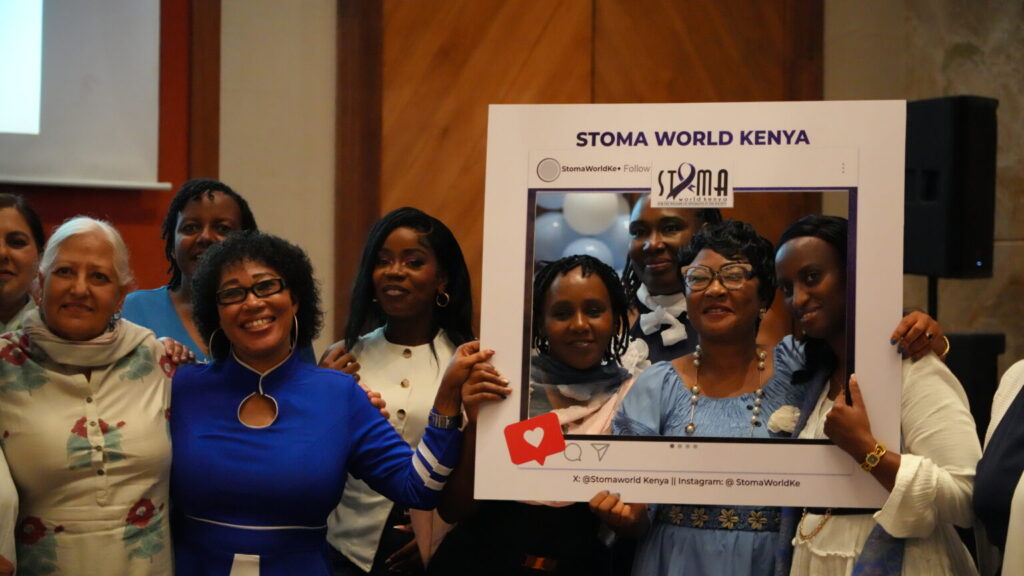In a determined push to confront the often-overlooked challenges faced by individuals with stomas, a powerful call for awareness and support echoed during a recent fundraising dinner held at Ole Sereni Hotel. The event, organized by Stoma World Kenya, drew attention to the growing need for holistic support for ostomates individuals who have undergone surgical procedures resulting in a stoma, often due to colon or rectal cancer.
The evening served not only as a platform to raise funds but also to amplify the voices of those living with stomas. Among them were survivors whose journeys have been marked by pain, resilience, and ultimately, hope. One such story came from a woman who battled for years without reliable access to quality stoma care products. Her lived experience of isolation and inadequate healthcare solutions was a catalyst for the formation of the organisation, which today empowers survivors to reclaim their dignity and quality of life.
The gathering featured deeply moving video testimonials from ostomates across Kenya, offering raw and honest glimpses into their lives post-surgery. One speaker, now a vocal advocate for stoma awareness, reminded the audience of a hard truth: in Kenya, the term “stoma” often remains unfamiliar until someone is personally affected. He highlighted the urgent need to dismantle harmful cultural misconceptions that associate stomas with curses or supernatural punishment.
The event also showcased the organisation’s multi-faceted approach to care. From training healthcare professionals in proper stoma management to conducting regular therapy sessions, the group ensures that support extends beyond medical needs to include emotional and psychological well-being. These services are vital in reducing the stigma that continues to affect ostomates, sometimes more deeply than the physical realities of their condition.
The organisation’s leadership acknowledged the invaluable role played by donors and partners who make their outreach possible. With a growing membership of over 600 individuals, the group has become a vital community for those often pushed to the margins of healthcare systems. It is through collective effort of survivors, healthcare workers, advocates, and well-wishers that this movement continues to gain momentum.
The evening concluded with a renewed commitment to ensuring that no one with a stoma walks alone. As the conversation around colorectal health expands in Kenya, the message is clear: living with a stoma is not a curse or an end, but a new chapter one that deserves compassion, support, and above all, dignity.

